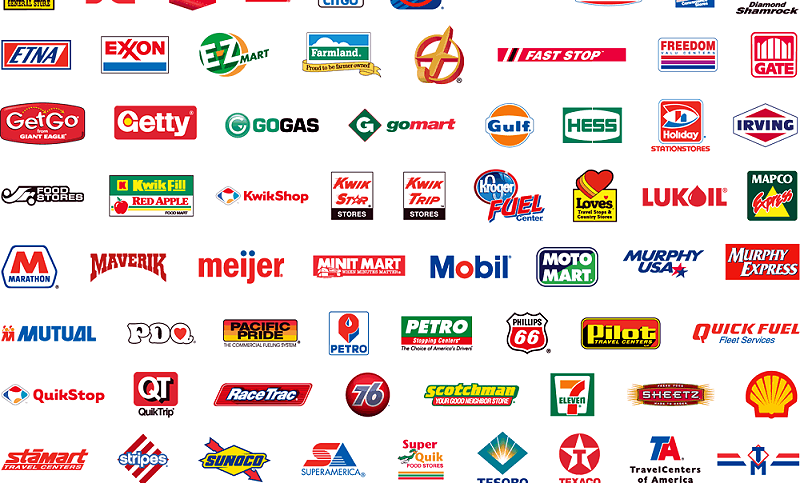Ask The Editors: Does it Matter What Brand Gasoline I Buy?

Do brands really equal performance?
Theoretically, perhaps but here are a few realities about gasoline that you may not realize. Gas brands can actually be a regionally distributed product. The gasoline chain you have at the corner station may not be available in every state and most certainly not in every country. Weirder still, some gasoline brands go by different names depending on region.
Then there is an even bigger consideration – there are a lot more brands than there are pipelines and refineries. Think about that for a moment. Nearly all the gas we buy is coming from the same source, flowing though the same pipes and likely being refined by the same company. Where differences in individual brand names come into play is the additives and cleansers tacked on in the end. It is this alone that brands use in marketing to position their product as superior to the competition.

Octane, however, can be a bit more beneficial in terms of maximizing performance out of an engine. Once internal specs reach a situation where cylinder compression is too high to burn pump gas without pinging (pre-ignition), that’s when running the much higher octane of race fuel comes into play. Unless this is specified (or if an engine is built up to burn an alternative fuel source such as methanol), the default is good ol mid-grade pump gas. Why mid-grade rather than the highest octane option the local station carries? Premium blends often contain the most automotive-engine detergents that can be unnecessary (in in some cases harmful) to small engines/ carburetors. Just remember to steer clear of ethanol that dries rubber seals and lines. If it’s unavoidable in your area, consider adding enzyme fuel treatment to counteract the effects of the corn alcohol.

